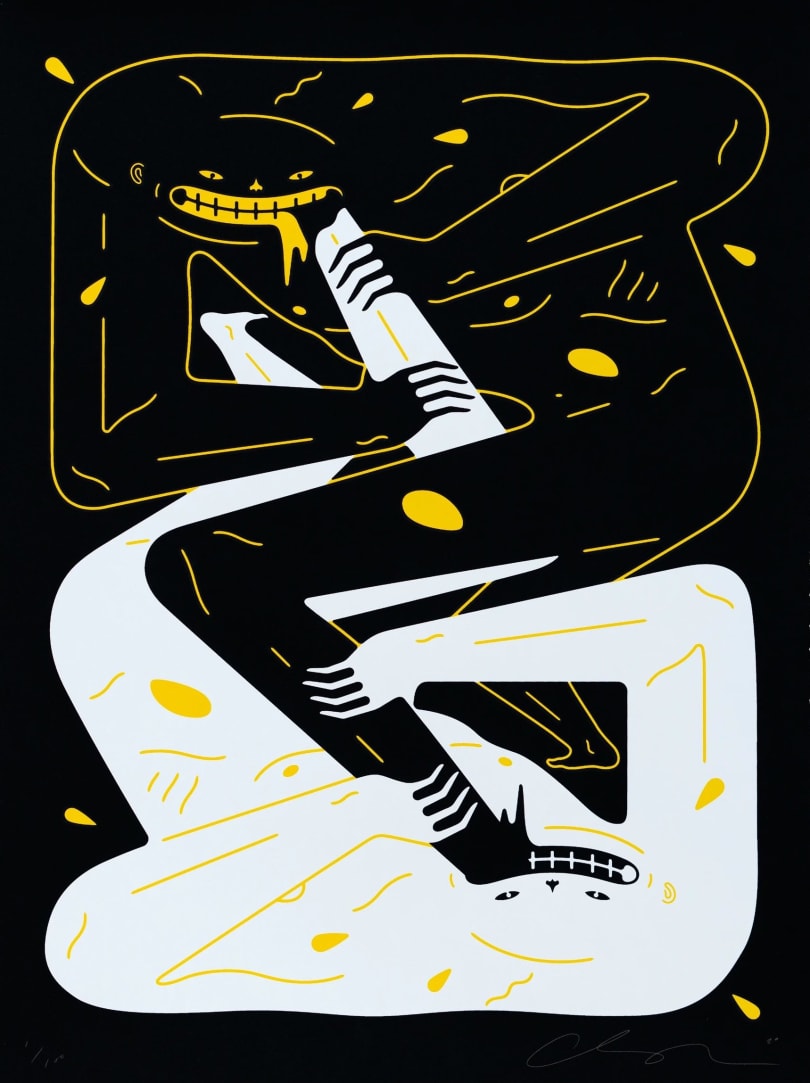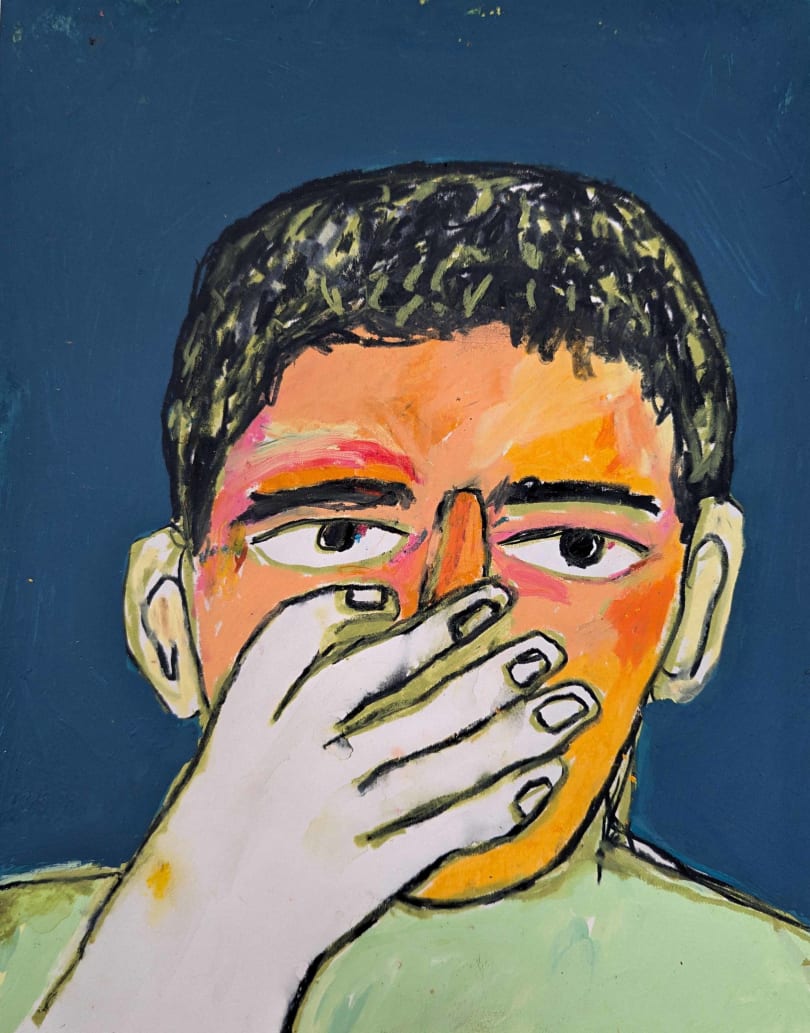
H10-4 Suiko (The Empresses)
Category
PrintTechnique
Laminated Giclée print on aluminium compositeDate
2022Dimensions
100 cm x 100 cmMake an offer of
Artwork information
Category
PrintTechnique
Laminated Giclée print on aluminium compositeDate
2022Dimensions
100 cm x 100 cmSignature
Signed on the backState of conservation
Very goodFraming
NoLocation
Neuville-sur-Saone, FranceDescription
This composition was created by the famous contemporary artist Damien Hirst in 2022. The print shows a captivating pattern of many butterflies. The composition is dominated by a bright red color that is accompanied by other red tones and black details.
Giclee print laminated to aluminum composite, screen printed with glitter. The work is signed on the back with a print proof. This art print is numbered and limited to 3310 copies. This one is numbered 1415/3310.
Imagine the artwork at home






The artist

Bio
Damien Hirst, born on June 7, 1965, in Bristol, United Kingdom, is an iconic figure in contemporary art, celebrated for his provocative works and his ability to blur the lines between art and commerce. Since his early career, Hirst has redefined the expectations of the public and critics alike by creating works that explore universal themes such as life, death, faith, and value. He is often regarded as the leader of the Young British Artists (YBAs) movement, a group of British artists from the 1990s who revolutionized the global art scene.
Childhood and Education: The Roots of a Rebellious Spirit
Damien Steven Hirst grew up in a working-class neighborhood in Leeds, where he was raised by his mother, Mary Brennan. His father, a car mechanic, left the family when Hirst was 12 years old. His mother, a devout Catholic, deeply influenced his views on religion and mortality, themes that would become central to his work. However, Hirst was a turbulent child, often in conflict with school authorities.
Despite his academic struggles, he developed an early interest in drawing and art. After several school failures, Hirst eventually managed to enter Leeds College of Art in 1983, where he honed his artistic skills. Two years later, he was admitted to Goldsmiths College in London, an institution known for its radical approach to art education. It was there that Hirst began to develop his unique style, combining found objects, installation, and conceptual art.
The 1990s: The Meteoric Rise of the YBAs
In 1988, while still a student at Goldsmiths, Hirst organized an exhibition titled Freeze in a London warehouse. This exhibition is often cited as a seminal moment in the Young British Artists movement. Hirst presented several of his early works, including sculptures and installations that highlighted his interest in science, medicine, and death. The exhibition caught the attention of Charles Saatchi, an influential art collector, who quickly became Hirst’s primary patron.
The year 1991 marked a decisive turning point in Hirst’s career with the creation of The Physical Impossibility of Death in the Mind of Someone Living, an installation consisting of a 4-meter-long tiger shark preserved in formaldehyde. This work, funded by Saatchi, was showcased at the Young British Artists exhibition at the Saatchi Gallery, where it provoked both admiration and controversy. The suspended shark in its glass case quickly became an icon of contemporary art, symbolizing Hirst's direct confrontation with the theme of death.
Themes and Techniques: An Exploration of Death and Medicine
Damien Hirst's work often centers on mortality, a subject he approaches from various angles. His installations frequently use dead animals, medical cabinets, and everyday objects to explore the fragility of human life. For instance, his Natural History series includes not only the shark from The Physical Impossibility of Death in the Mind of Someone Living but also sheep, cows, and other animals, all preserved in formaldehyde. These works often elicit strong reactions, ranging from fascination to horror.
Another recurring theme in Hirst’s work is medical science. In his 1992 series Pharmacy, he recreated a complete pharmacy with rows of shelves filled with medications, questioning modern faith in science and medicine as means of controlling life and death. This work exemplifies his use of ordinary objects to create installations with deep philosophical significance.
The Diamond Skull: A Symbol of Luxury and Mortality
In 2007, Hirst unveiled For the Love of God, a sculpture that perfectly embodies his approach to art: a human skull cast in platinum and encrusted with 8,601 diamonds, including a pear-shaped pink diamond on the forehead. Valued at £50 million, this work quickly became one of the most expensive art pieces ever sold. For the Love of God is a reflection on immortality, luxury, and the human obsession with wealth, while also highlighting the inevitability of death.
Damien Hirst and the Art Market: A Master of Commerce
Damien Hirst is not just an artist; he is also a shrewd entrepreneur. In 2008, he made headlines by bypassing traditional galleries and selling an entire collection of his recent works directly at auction, titled Beautiful Inside My Head Forever. The sale, organized by Sotheby’s, fetched £111 million, a record amount for an auction by a single artist. This event marked a break from the traditional gallery system, asserting Hirst's power in the art market and demonstrating his skill in manipulating the commercial mechanisms of contemporary art.
Artistic Evolution: Diversification and Criticism
Over the decades, Hirst has continued to reinvent himself, exploring new media and techniques. He turned to painting, with series such as Spot Paintings and Spin Paintings, which have received mixed reviews. Some critics argue that his work lacks authenticity and becomes repetitive, while others praise his boldness and ability to capture the public’s attention.
In 2012, he was invited to showcase a retrospective of his work at Tate Modern in London, cementing his status as a major figure in contemporary art. This exhibition attracted millions of visitors and reaffirmed the impact of his work on 21st-century art.
Damien Hirst Today: Legacy and Influence
Damien Hirst remains an unavoidable figure in contemporary art. Despite controversies and criticisms, his influence on the art world is undeniable. He has not only paved the way for a new generation of artists but has also redefined the relationship between art, commerce, and the public. His works continue to sell at exorbitant prices, and he remains a subject of discussion for both art lovers and critics.
Beyond his artistic career, Hirst is involved in various projects, including managing his company, Science Ltd., and creating multiple restaurants and art spaces in London. He continues to explore new artistic territories, constantly pushing the boundaries of what art can be and what it can signify.
Damien Hirst is more than just an artist; he is a cultural phenomenon who has left a significant mark on the history of contemporary art. His work, rich in symbolism and controversy, raises profound questions about the nature of existence, the role of art in society, and how capitalism influences artistic creation. Whether one admires or criticizes his work, Hirst remains a pioneer, an innovator, and a provocateur who continues to shape the landscape of contemporary art.







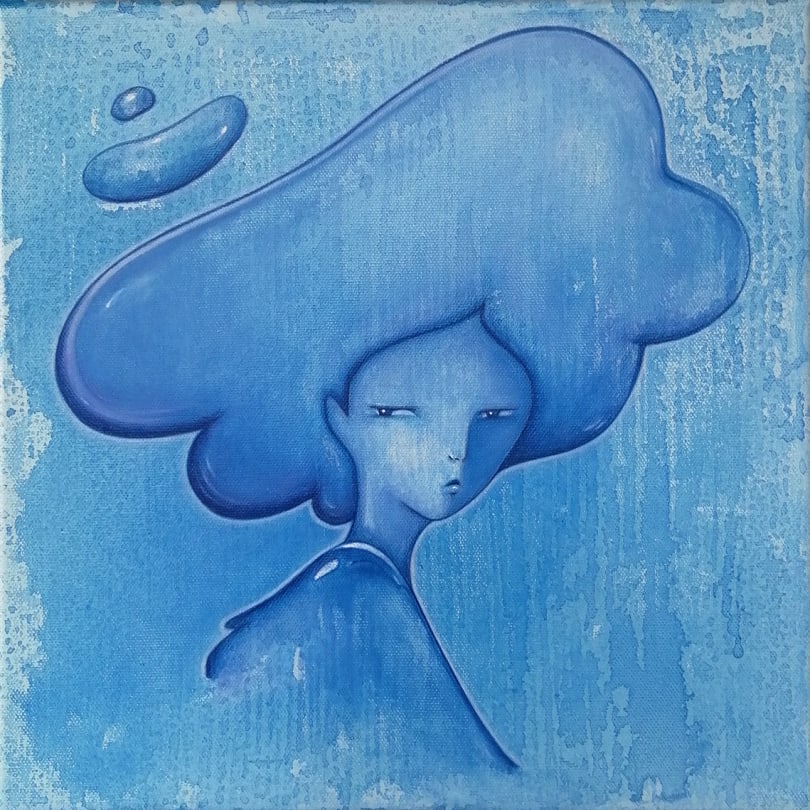



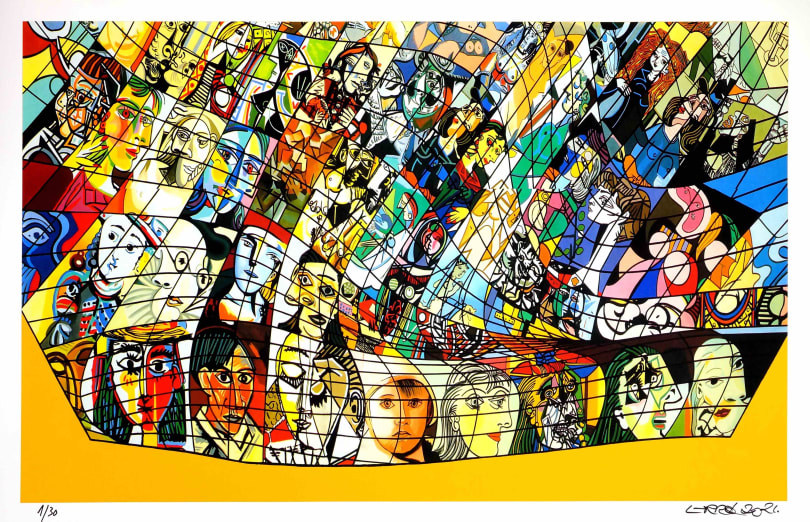
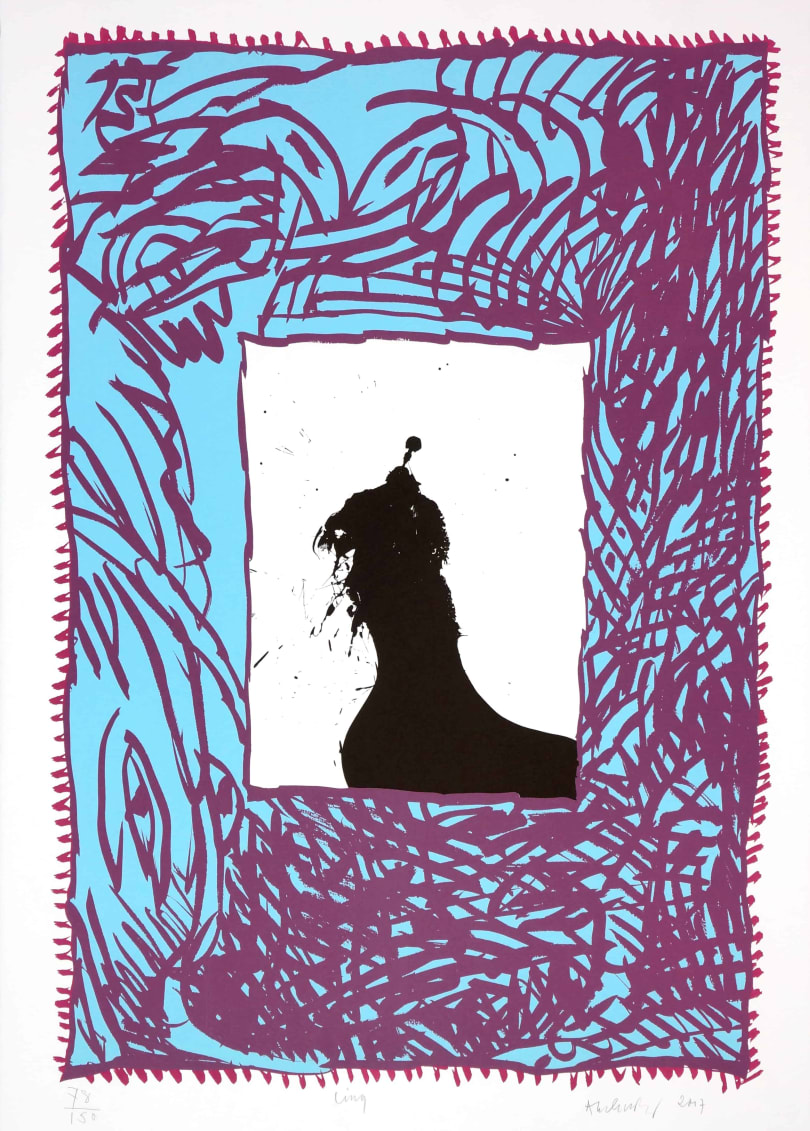







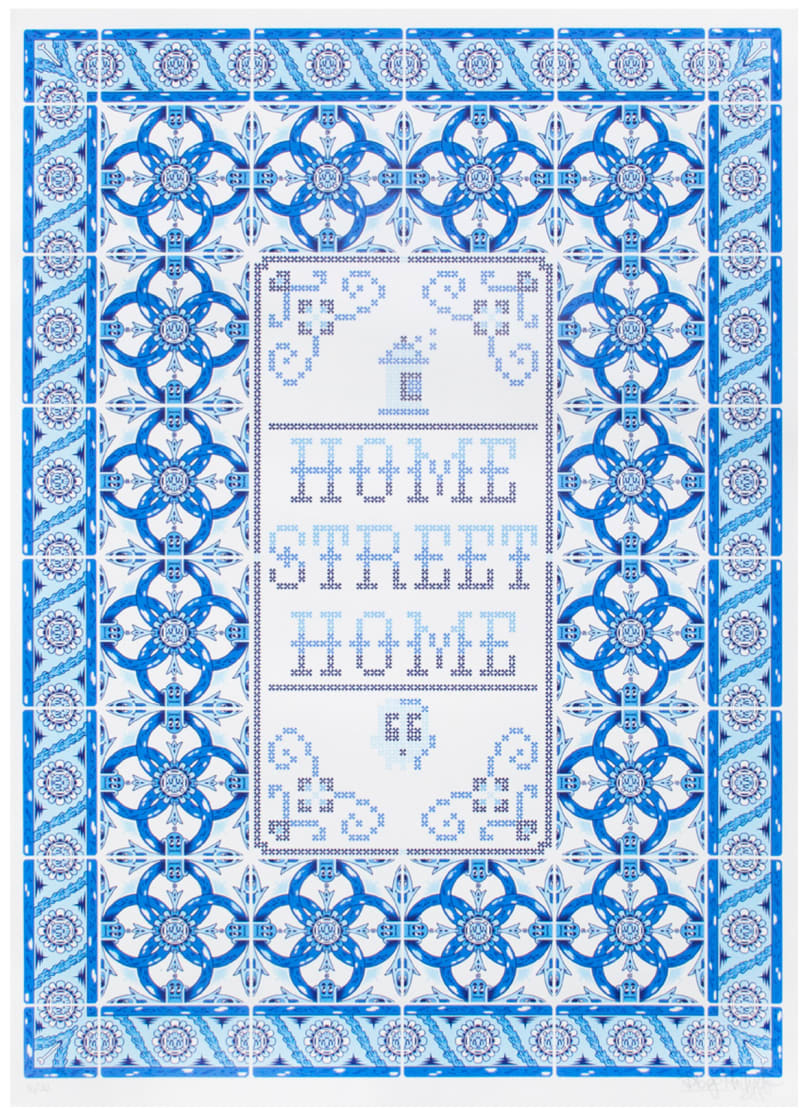



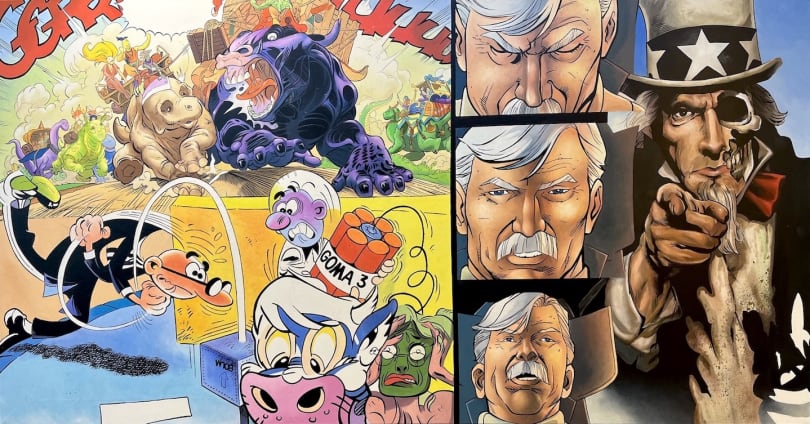


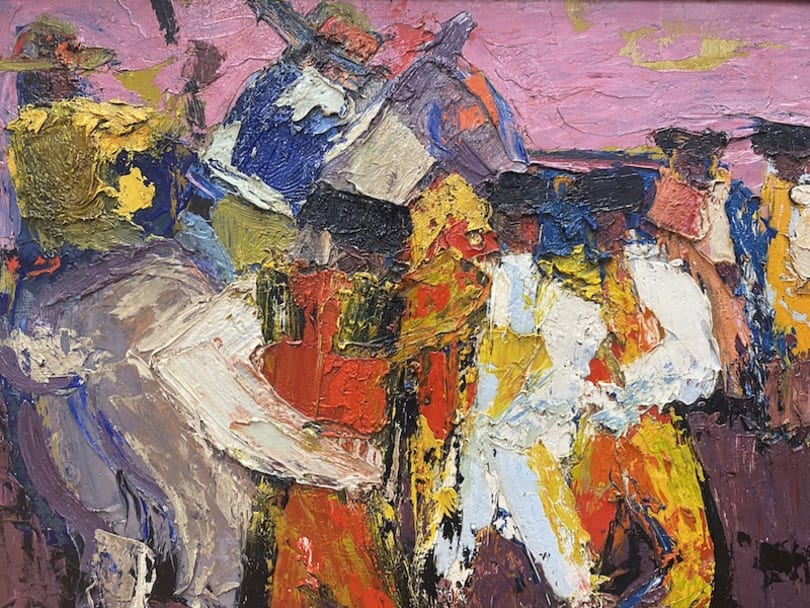
.jpg)


.jpg)





